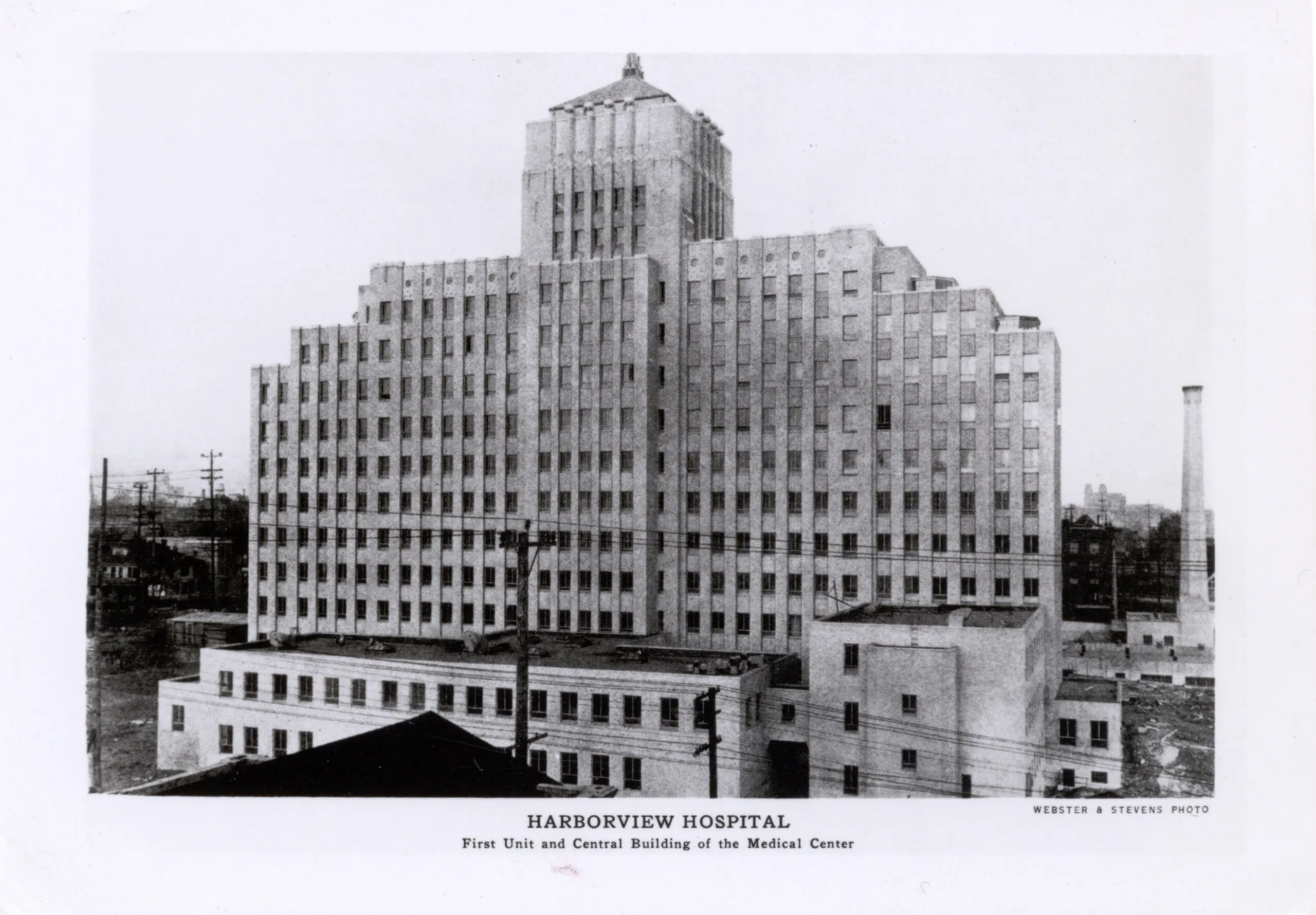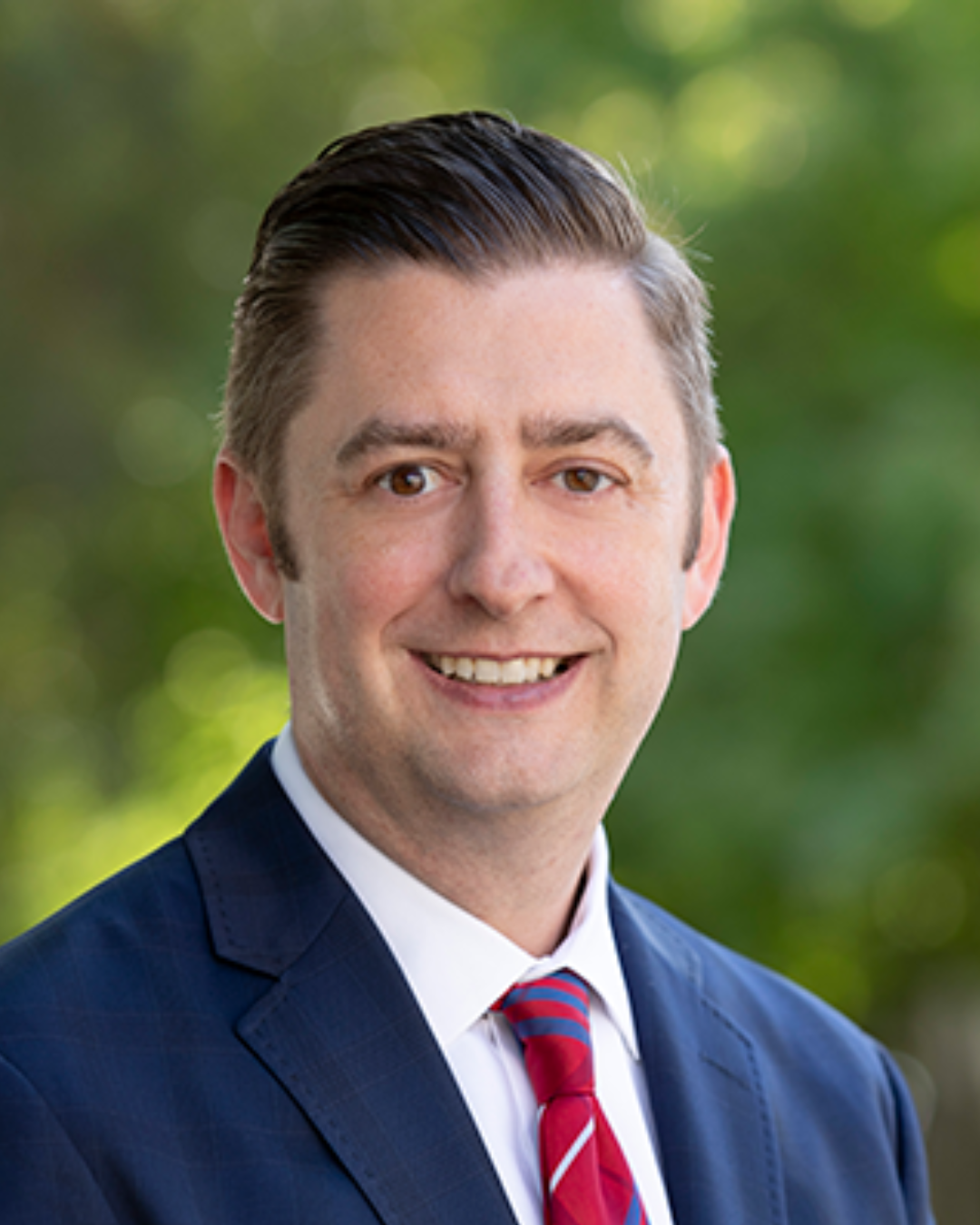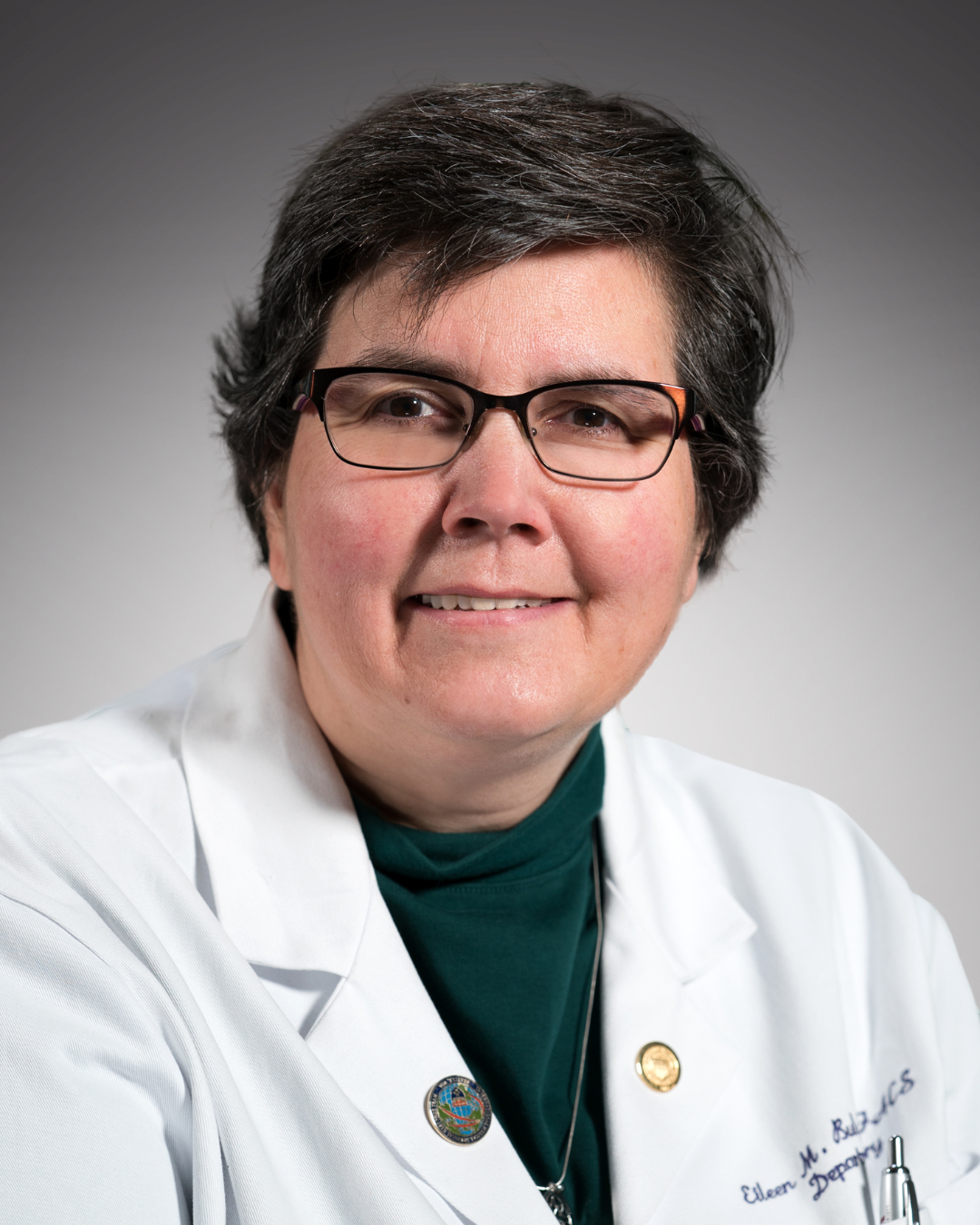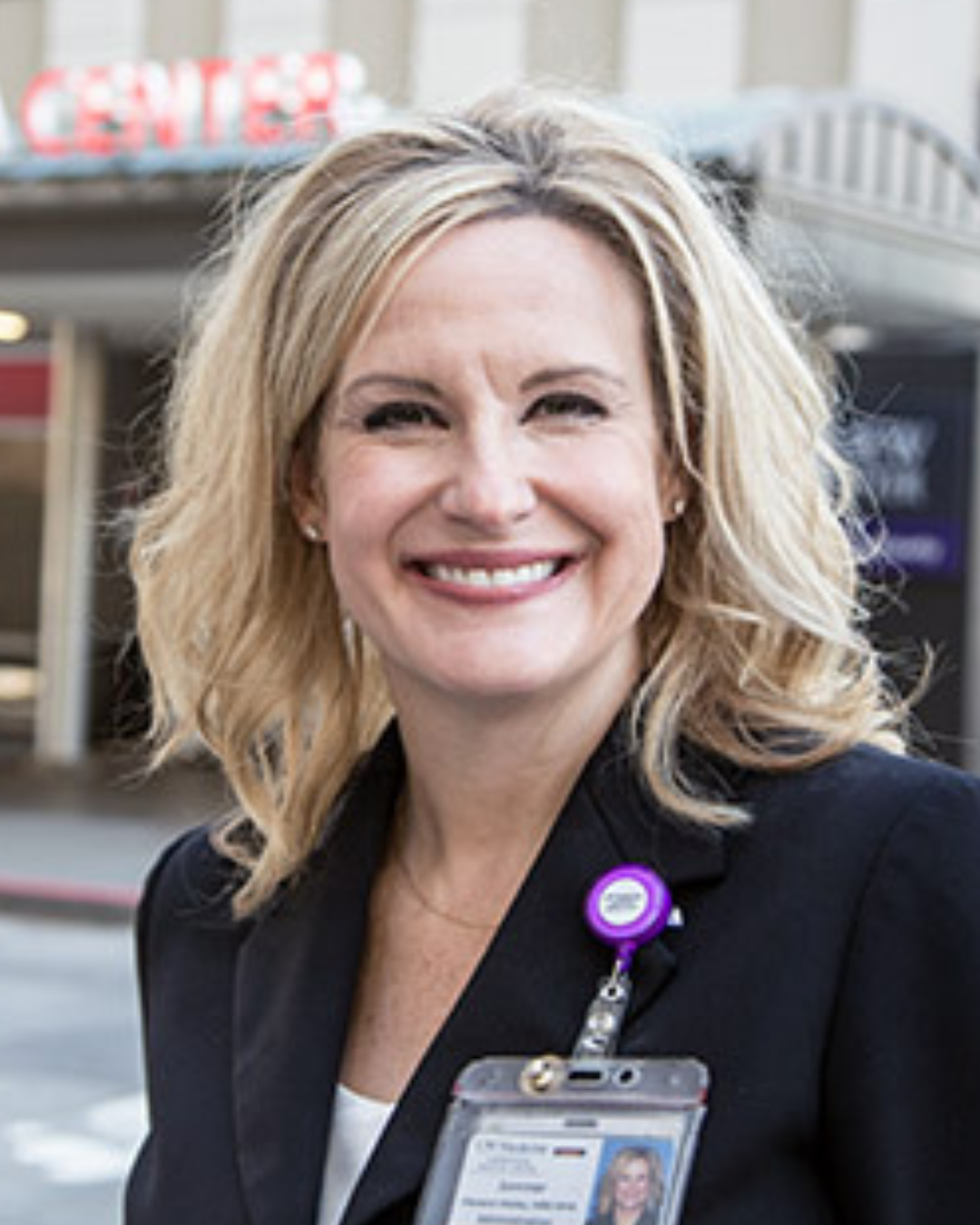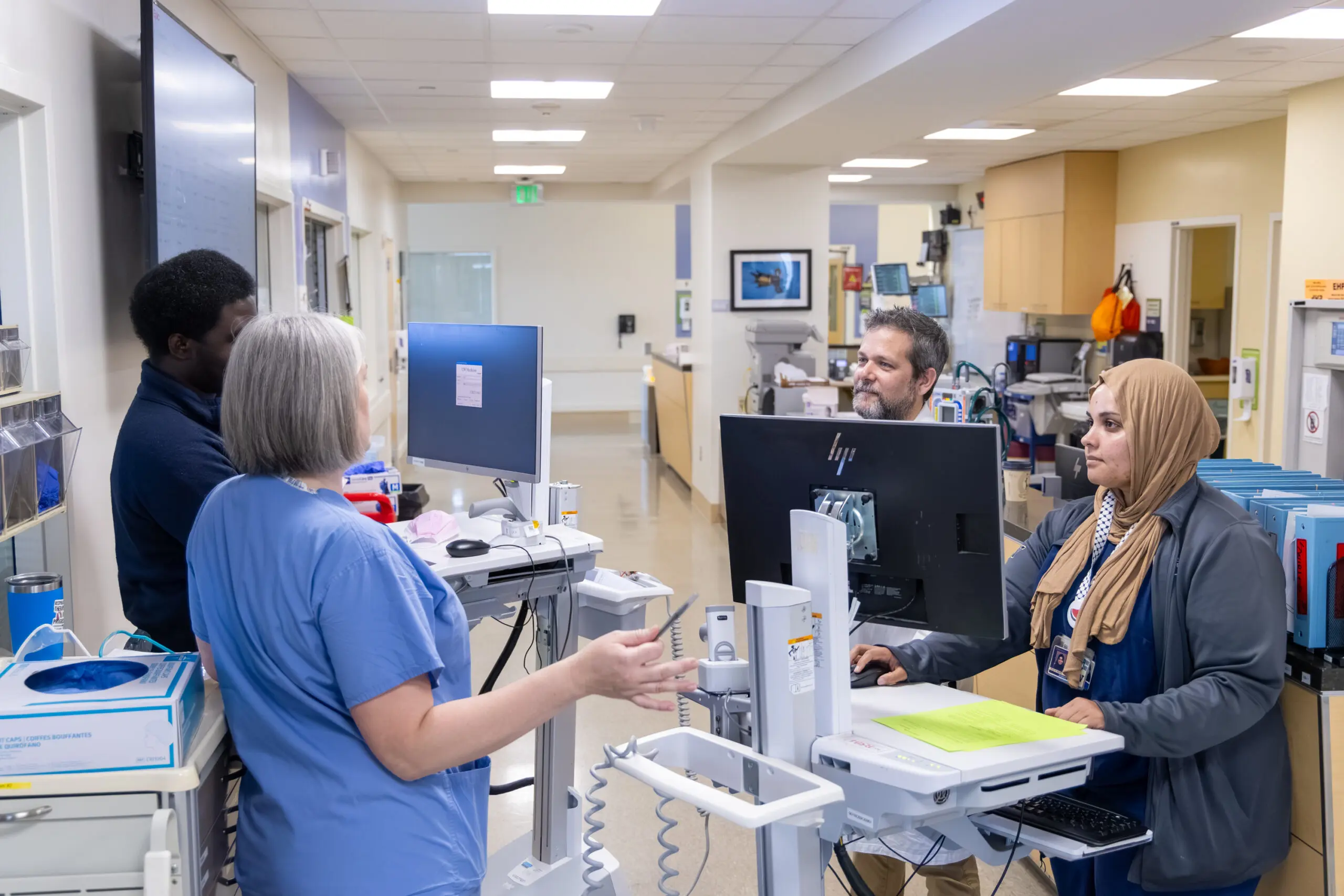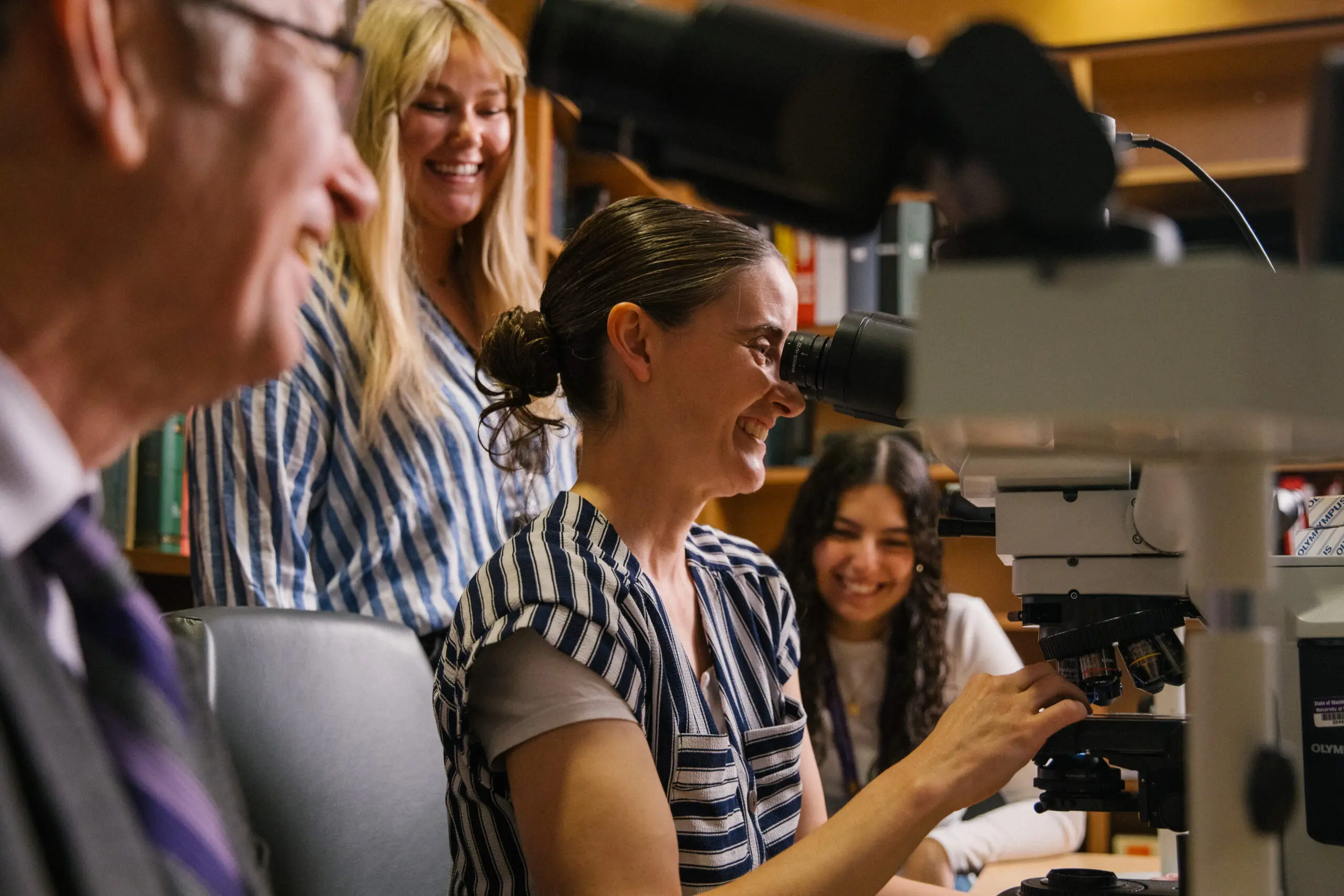
Since opening in its current First Hill location in 1931, Harborview Medical Center has played a vital role in the Seattle community.
Since opening in its current First Hill location in 1931, Harborview Medical Center has played a vital role in the Seattle community.
Owned by King County and operated since 1967 by the University of Washington, Harborview is in a unique position to offer the highest level of care to everyone in Seattle and the Washington, Wyoming, Alaska, Montana and Idaho (WWAMI) region. Harborview’s Level I adult and pediatric trauma center is the only facility of its kind in a three-state region, and the regional burn center is the only place in the WWAMI region where the most severe burns can be treated.
For residents of Seattle, Washington state and the WWAMI region, Harborview is here for patients who need the highest level of care — regardless of their ability to pay.
The country’s best burn and trauma center
“Harborview is one of the most well-known level one trauma centers in the United States,” says Brad Simmons, President of UW Medicine’s Hospitals & Clinics. “Patients know coming to Harborview that they will get this highest level of quality care from some of the best clinicians in the country. Harborview’s mission and excellence in patient care is one of the reasons I came to UW Medicine.”

Brad Simmons
Harborview’s Level I trauma center has long served as a vital resource for the region. The community is secure in the knowledge that Harborview is there to care for them should the worst happen — but might not think about the world-class care right in their own backyard.
Dr. Eileen Bulger, Harborview’s Chief of Surgery and one of the country’s top trauma surgeons, wants to remind Seattle and Washington residents of the jewel in their backyard.
“Harborview has developed all aspects of trauma care to the highest level,” says Bulger. “We’ve recruited the best, most passionate faculty who are pushing the field forward through research and education.”

Eileen Bulger
The excellence of Harborview’s trauma care program is interwoven with the rest of the medical center. “Trauma touches all aspects of Harborview,” Bulger says. “Because we have a high volume of patients, our faculty can specialize in niche programs, such as craniofacial trauma. Residents can get training here in specialties that just aren’t available elsewhere. Our faculty are advancing trauma research and education on a broad scale.”
Harborview’s status as a leader in trauma and burn care makes it a powerhouse of surgical expertise. Patients looking for the most advanced care for their planned surgeries are increasingly turning to Harborview for its expertise and its connections to a top-ranked medical school and research hub, as a part of UW Medicine.
“We can recruit people who are absolute experts in their field of, for example, spinal trauma surgery, which leads to a robust practice for elective spinal surgery,” says Bulger. “The expertise of our trauma faculty leads to more access to specialty care for other complex medical problems.”
Harborview’s standard of excellence — not only in trauma care, but in rehabilitation medicine, emergency medical training and coordination of care throughout the Seattle area — is exemplified by a patient treated by Bulger, an elementary school-aged girl who was brought to Harborview’s pediatric trauma center with a gunshot wound.
“This young girl had devastating injuries, but after multiple surgeries and a lengthy stay in the ICU, she was able to walk out on her own two feet,” says Bulger.
The girl’s recovery was the result of Harborview’s surgical and rehabilitation expertise — but it went well beyond that.
“In the first four hours of this child’s care — starting from when she was injured and moving to her stabilization at the local hospital, through transport to Harborview via Airlift Northwest and her initial surgery — she was treated by at least 45 providers,” says Bulger. “It really takes a village to save a child.”
Were it not for Harborview’s work in training, outreach and care coordination, that village might not have come together to save this girl’s life.
“Harborview’s role isn’t just to receive the patient,” says Bulger. “It’s also the outreach and training that ensures her teacher can stop the bleeding, that makes sure the paramedics are well trained, that allows the local hospital to stabilize her and that coordinates with Airlift Northwest to get her to our operating room. All of that has to be in place to ensure the best outcomes for patients like this.”
Hope for everyone
Harborview’s importance for the Seattle, Washington and WWAMI communities can’t be overstated. It offers the highest-quality emergency care and also provides routine and specialized medical care to many patients who would be otherwise unable to afford it.
Because of this mission of care, Harborview has sometimes been thought of as a “safety net” for underserved populations in the community. But, its leaders say, a more accurate description would be that it’s a world-class hospital that offers advanced care to everyone who needs it.
Harborview leverages its many departments to deliver multidisciplinary, collaborative, comprehensive care for even the most complex cases in a wide range of specialties. Patients struggling with mental health can receive psychiatric emergency care, addiction counseling and behavioral health care — all integrated with the patient’s primary care provider. Many of these patients receive primary care at Harborview’s clinics, which meet patients where they are and offer high-level routine and specialized medical care to uninsured and underinsured patients. And patients come to the Neurosciences Institute (NSI) for the most advanced care for strokes, epilepsy, dementia and other neurological conditions.

Sommer Kleweno Walley
“Harborview’s commitment to innovation in neurological care and neurosurgery not only enhances patient outcomes, it sets a standard of excellence in those fields,” says Sommer Kleweno Walley, Chief Executive Officer of Harborview Medical Center.
Yet Harborview’s role in the community goes beyond caring for individual patients and clinical care innovations. As the Disaster Medical Coordination Center for the city of Seattle, King County and Washington state, Harborview is responsible for ensuring community safety in the event of a natural disaster or mass casualty event.
Harborview also continues to run the statewide Washington Medical Coordination Center. Originally developed during the early months of the COVID-19 pandemic to minimize the chances that any one hospital in Washington would find itself overrun and unable to provide safe care, this service not only remains a valuable piece of the state’s healthcare infrastructure — it serves as a national model for resiliency in healthcare systems.
“In addition to leading the Washington Medical Coordinator Center, Harborview took COVID-19 testing directly to communities that were being disproportionately impacted by the pandemic, communities that were also receiving little support,” says Kleweno-Walley. “We had mobile units going out into these communities to do testing — this was before at-home testing was available — and, once vaccines were available, we worked with the county on their vaccination strategy to make sure these communities were included.”
“Philanthropic support made a lot of this work possible,” she adds.
A mission of world-class care — whether or not you can pay
In 2023, UW Medicine provided $836 million in care for patients without insurance, as well as those whose insurance does not cover the full cost of their care and who don’t have the means to cover the difference. Of that amount, $294 million (35%) was from care provided at Harborview, and was made possible by generous donors.

Harborview’s doctors are committed to improving healthcare through research, whether they’re studying long-term outcomes for burn patients or conducting clinical trials for new Alzheimer’s treatments.
Harborview doesn’t turn anyone away if they can’t pay or lack insurance. But more than that, Harborview’s clinics seek out patients who would be otherwise unable to access any medical care, let alone the world-class care offered at Harborview.
Primary and specialty care clinics — such as the pediatric clinic, OB/GYN clinic and international clinic — see patients from immigrant communities, those who don’t speak English and unhoused patients. These patients receive the same quality of care as those who come to Harborview from the wealthiest neighborhoods in Seattle.
“Offering access through our community clinics and at Harborview Medical Center are ways UW Medicine provides care to patients,” says Simmons. “UW Medicine and Harborview serve an extremely diverse patient population in our community, and it’s so important to ensure that every patient receives the best possible care, whether or not they can pay.”
And because the delivery of high-quality healthcare is enhanced by a strong commitment to teaching, community service and research, education and clinical research have been vital components of Harborview’s mission since the beginning. Harborview was the original teaching hospital for the University of Washington’s nursing program and the founding site for paramedic training program Medic One.
Today, this educational mission continues through the support of undergraduate, graduate, post-graduate and continuing education programs of the health professions of the University of Washington and other educational institutions, as well as patient education programs.
Harborview’s doctors are also committed to improving healthcare through research, whether they’re studying long-term outcomes for burn patients or conducting clinical trials for new Alzheimer’s treatments.
For 150 years, Harborview has been a vital partner in keeping the Seattle and King County regions healthy. It’s a provider of world-class medical care that also cares for anyone and everyone who needs it.
Harborview has been there for the Seattle, Washington state and WWAMI communities for a century. Now, it’s time for the community to be there for Harborview.
Written by Alex Israel
